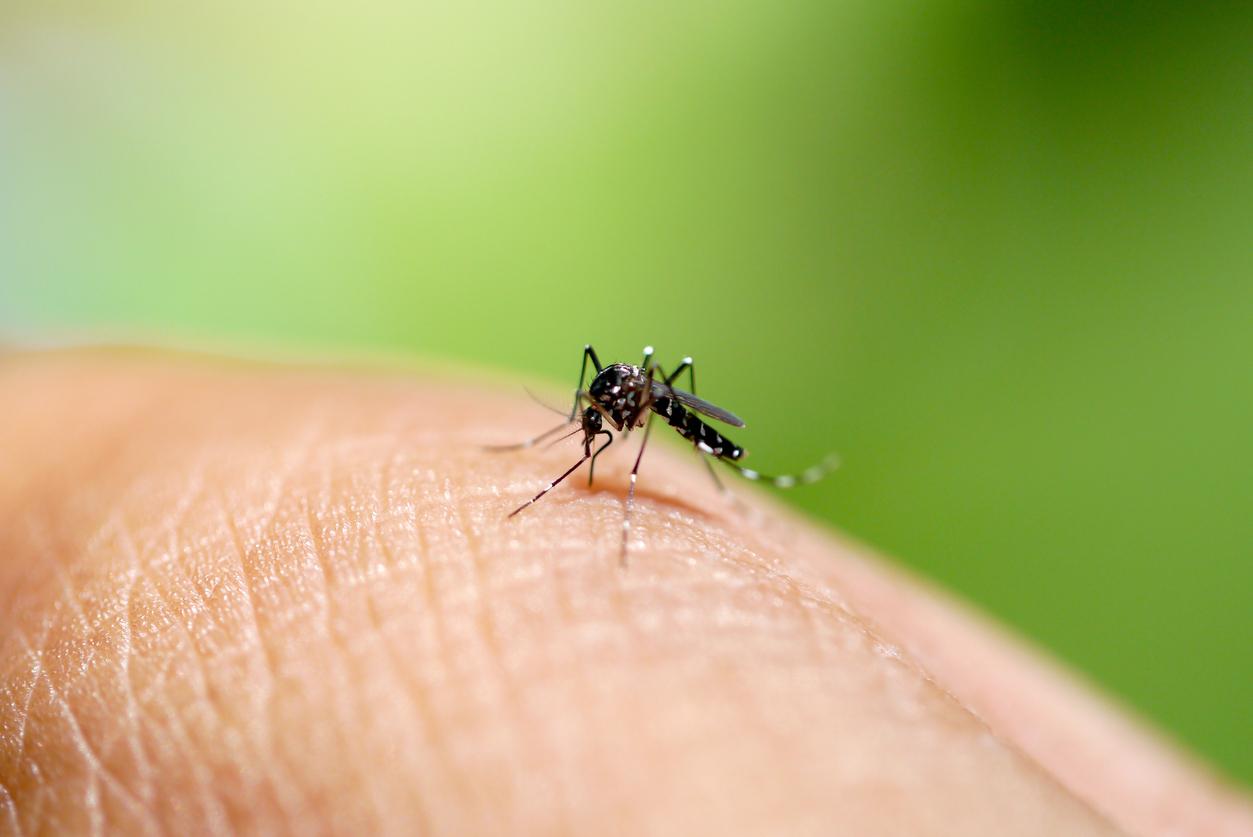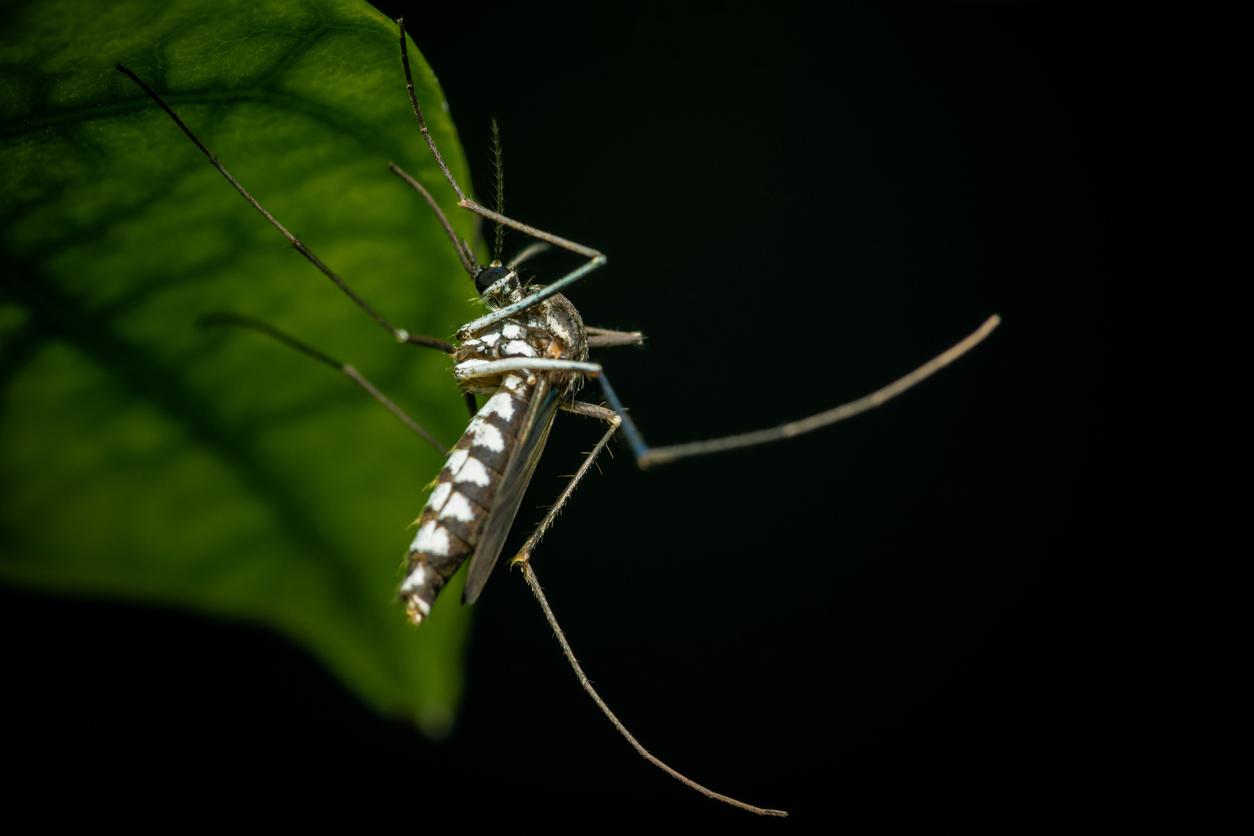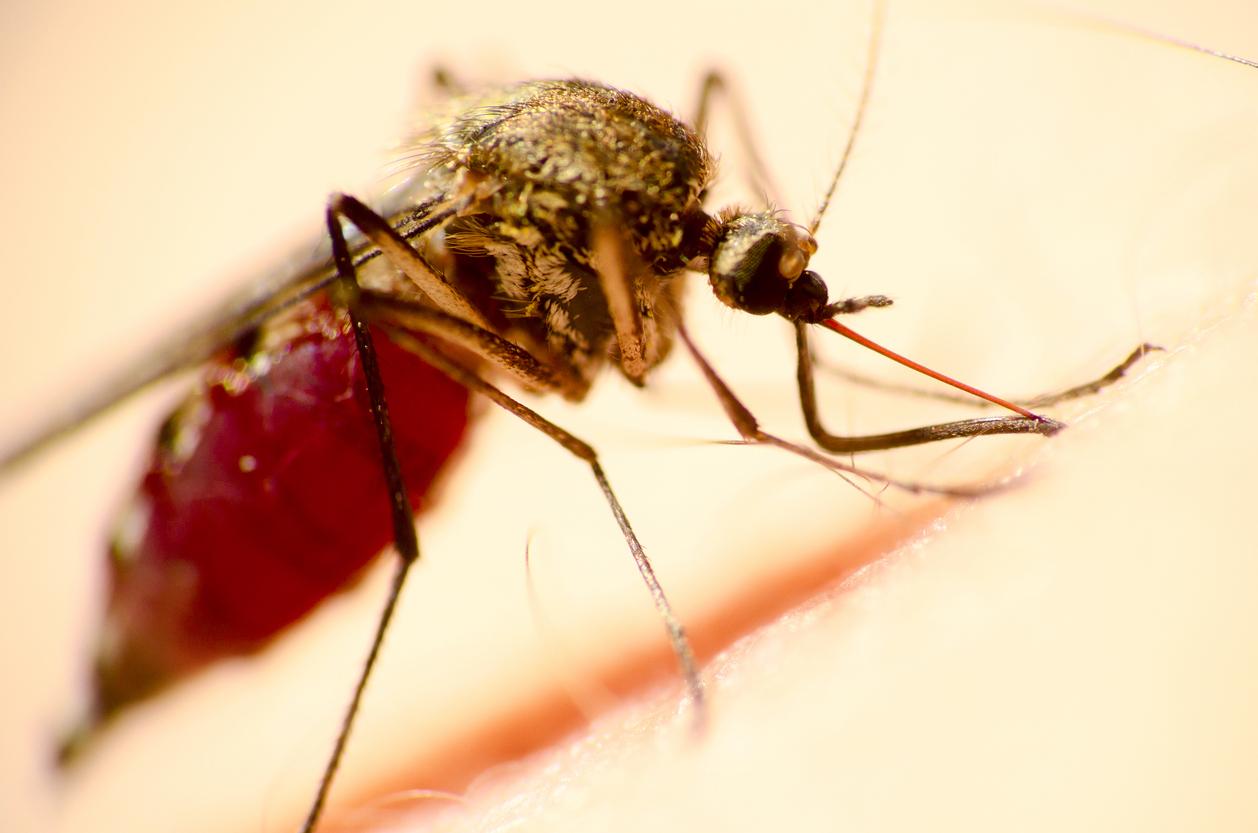Plasmodium knowlesi, a parasite that causes one form of malaria now accounts for 68% of cases of the disease diagnosed in the Malaysian region of Borneo, down from just 5% fourteen years ago. Until then, this parasite was content to transmit malaria to monkeys. But it now appears to be responsible for the transmission of a particularly fatal form of the disease from monkeys to humans. And some researchers even suspect that human-to-human transmission is also possible.
2000 patients already hospitalized
For the moment, the malaria epidemic caused by Plasmodium knowlesi seems to be confined to South-East Asia: mainly in Malaysia, with a few cases in Thailand, the Philippines and Indonesia. Last year, 2,000 people (mostly adults) were hospitalized following infection with this parasite. But because this parasite reproduces very quickly (indeed it reproduces every 24 hours in the blood), Malaysian researchers fear that it will spread quickly.
Symptoms of Plamodium knowlesi infection are high fever, headache, abdominal pain and diarrhea. Diagnosis is difficult and the risk is considered by doctors to be “potentially serious” as the disease has been shown to be fatal in 2% of cases, and it may well emerge in other areas.
















